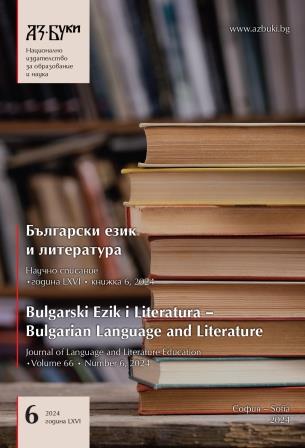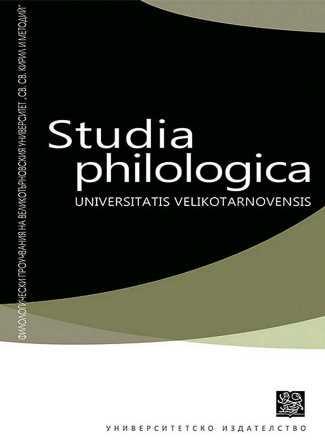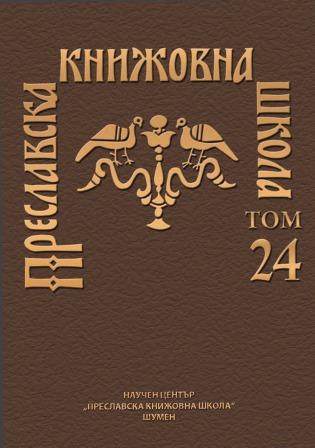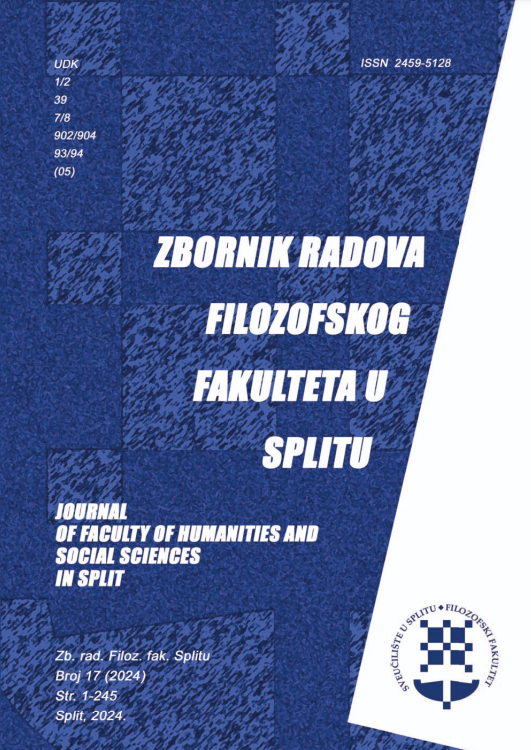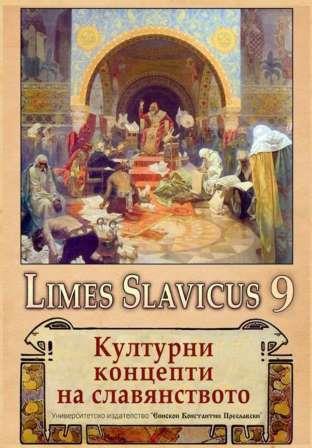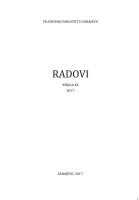
DVOJEZIČNA BUJURULDIJA MEHMEDA HUSREV-PAŠE IZ DOBA PRVOG SRPSKOG USTANKA
This paper analyses Bosnian beylerbey Mehmed Khosrew Pasha’s buyuruldu sent to knezes and orthodox priests in the nahiye of Mačvaof the kadilik of Šabac on June 30th, 1806. This document is part of V. N. Korbalev’s collection (Coll. N°372, N°8) archived in the National Library of Russia in St. Petersburg. The bilingual text of the buyuruldu with the seal of Mehmed Khosrew Pasha was written in the Ottoman language, in the Diwani script, and in the Bosnian language, in an atypical version of the Bosnian Cyrillic graphy. This paper discusses the buyuruldu, contextualizing its production and offering a short analysis of its historical, linguistic and cultural aspects. The role of Mehmed Khosrew Pasha and his activities on the pacification of the First Serbian Uprising are also taken into consideration.
More...
